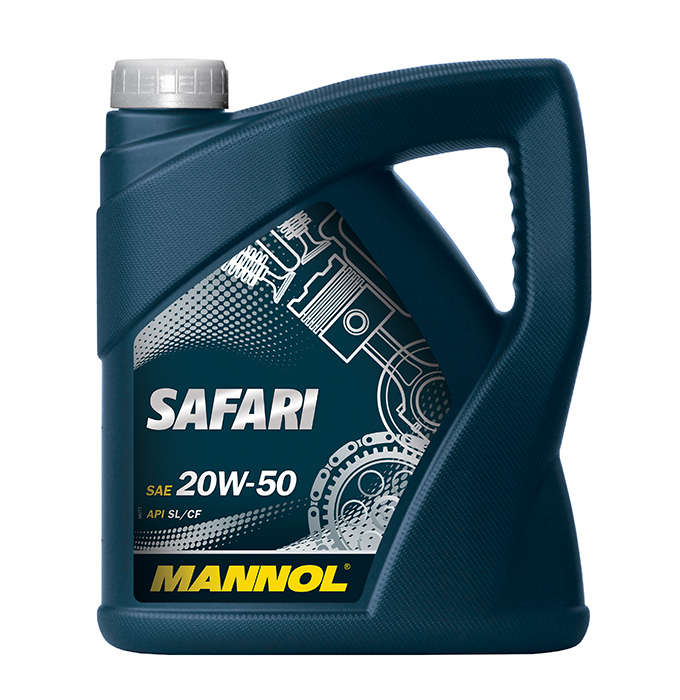Long answer = purely my opinion - but with the logic that supports my theory.
The A and B series engines were manufactured using the technology and manufacturing practices of the era.
The recommended oil viscosity had to do with both current oil technology, and machining tolerances.
Your engine when
new required an oil of 20 grade to allow adequate pressure to be maintained in the plain bearings - whose entire design depends on this pressure to avoid destruction.
Now that most engines are worn to varying degrees, I would consider using any oil of lesser viscosity (10 or 15..) to be a serious risk.
The "50" part of the rating has to do with the behaviour of the oil when hot - so a 20W/60 works better than a 20W/50.
I admit that in a cold climate, a lesser viscosity oil will perform ok when things are close to freezing - but when your engine and thus your oil get hot - you will have a problem maintaining correct oil pressure.
Most conventional 4 stroke engines of this era suffered most wear when starting from cold - for several reasons.
Cold oil is thicker and thus resists circulating as readily.
Some parts of your engine rely on oil mist or splash for lubrication and this does not exist until the engine has been running for some minutes.
For this reason I decided to use synthetic oil - as it tends to remain more fluid in cold conditions, and thus circulates better from cold starts.
It also retains its lubricating properties better as it ages, so it tends to stick to running surfaces better until the next use.
If I were using a conventional oil I would find a 20W/60 from a reputable brand, and change it at the periods recommended by the car manufacturer.
Instead I use a fully synthetic 20W/50, and because it costs a lot more, I tend to delay my oil changes somewhat - our NZ climate is a little more forgiving.
I have a B series engine that has been in use since my first Marina build in 1996.
It has been bored out to 1905cc and runs 11.5/1 compression ratio, runs through a factory BW65 auto trans, has had several camshaft profiles and still runs the twin SU HS4's.
This engine has now travelled around 250,000km on synthetic oil and does not smoke or use significant amounts of oil between changes.
The first body - a Mk3 estate - basically rotted off it, so I moved the entire powertrain into a Mk3 saloon which is currently heading for the same fate.
Whilst the sheet metal is giving up the ghost, I have made virtually no impression on the engine, and I credit this to synthetic oil.
My driving style is considered in that I know what I am doing to the mechanical parts of my car by how I drive it - but I use full throttle quite often, and this engine is a blast to be in charge of. It has tremendous torque and is impossible to avoid losing rear wheel traction if you are in a hurry.
I do not think this engine could ever have lasted so well without having had a staple diet of synthetic oil - not just because the oil performs better - but also because my oil changing frequency has been rather remiss.
I have 12 vehicles and I just cannot keep my maintenance up to date - it would take my entire daily life to do so.
The oil I use is Mobil 1 Vee Twin. I discovered it when looking for the highest spec oil suitable for my 1975 Triumph Trident which I have owned from new.
This oil has a high level of zinc which is most important for engines with conventional cam followers, and yet is being increasingly left out of modern oils.
So - I guess I am saying that I think this is the best oil for your car - and I think I have proved its effectiveness.


